
SaFeMM-AI: Safe and Trustworthy Multimodal AI Systems
ICCV2025 @ Honolulu Hawaii
October 19, 2025
Call for Papers
October 19, 2025
Call for PapersMultimodal systems are transforming AI by enabling models to understand and act across language, vision, and other modalities, powering advances in robotics, autonomous driving, and scientific discovery. Yet, these capabilities raise serious safety and trustworthiness concerns, especially as traditional safeguards fall short in multimodal contexts. The Workshop on Safe and Trustworthy Multimodal AI Systems (SaFeMM-AI) at ICCV 2025 brings together the computer vision community to address challenges, including and beyond hallucinations, privacy leakage, and jailbreak vulnerabilities, and advance the development of safer, more robust, and more reliable multimodal models.
Archival track - will appear in ICCV proceedings
Full-Paper Submission
Full-Paper Notifications
Non-archival track - will NOT appear in ICCV proceedings
Short-Paper Submission
Camera-Ready Full-Paper (Archival Track)
Short-Paper Notifications
Final Poster Submission
Workshop Day
| Time | Event |
|---|---|
| 9:00 | Opening Remarks |
| 9:10 | Prof. Yoshua Bengio: Avoiding Catastrophic Risks from Uncontrolled AI Agency |
| 9:45 | Prof. Florian Tramèr: Negative Progress in Machine Learning Security |
| 10:20 | Networking/Coffee Break |
| 10:55 | Prof. Yarin Gal: Multimodal AI hallucinations, jailbreaks, and beyond: Some recent work and open questions |
| 11:30 | Oral Presentation - Safety Without Semantic Disruptions: Editing-free Safe Image Generation via Context-preserving Dual Latent Reconstruction |
| 11:45 | Voxel51 - Sponsored Demo |
| 12:00 | Lunch Break |
| 13:30 | Oral Presentation - FrEVL: Leveraging Frozen Pretrained Embeddings for Efficient Vision-Language Understanding |
| 13:45 | Oral Presentation - Pulling Back the Curtain: Unsupervised Adversarial Detection via Contrastive Auxiliary Networks |
| 14:00 | Oral Presentation - On the Importance of Conditioning for Privacy-Preserving Data Augmentation |
| 14:15 | Prof. Yao Qin: TBD |
| 14:50 | Oral Presentation - Superimposing 3D-models for Privacy in Videos for Self-Supervised Training |
| 15:05 | Closing Remarks |
| 15:15 | Poster Session & Networking/Coffee Break |
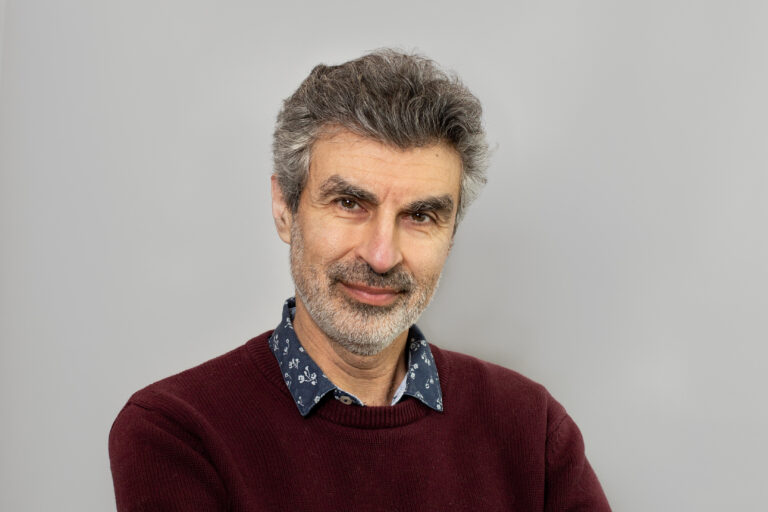
Yoshua Bengio is a world-leading expert in artificial intelligence, renowned for his pioneering work in deep learning, which earned him the 2018 A.M. Turing Award alongside Geoffrey Hinton and Yann LeCun. He is a Full Professor at Université de Montréal, Founder and Scientific Advisor of Mila - Quebec AI Institute. He received numerous awards, including the prestigious Killam Prize and Herzberg Gold medal in Canada, CIFAR's AI Chair, Spain's Princess of Asturias Award, the VinFuture Prize and he is a Fellow of both the Royal Society of London and Canada, Knight of the Legion of Honor of France, Officer of the Order of Canada, Member of the UN's Scientific Advisory Board for Independent Advice on Breakthroughs in Science and Technology. Yoshua Bengio was named in 2024 as one of TIME magazine's 100 most influential people in the world. Concerned about the social impact of AI, he actively contributed to the Montreal Declaration for the Responsible Development of Artificial Intelligence and currently chairs the International Scientific Report on the Safety of Advanced AI. In June 2025, he launches a new non-profit AI safety research organization called LawZero, to prioritize safety over commercial imperatives.
Title: Avoiding Catastrophic Risks from Uncontrolled AI Agency
Abstract: AI agentic capabilities are rising exponentially, driven by scientific advances incorporating system 2 cognition into deep networks as well as by the commercial value of automating numerous human tasks. Besides bodily control, this may be the most significant gap that remains to human-level intelligence. Unfortunately, a series of recent scientific observations raise a major red flag: as AIs become better at reasoning and planning, more occurrences of deceptive and self-preservation behaviors are observed. We have not solved the problem of making sure that advanced AIs will follow our instructions, and in some circumstances they are found to cheat, lie, hack computers and try to escape our control, against their alignment training and instructions. Is it wise to design AIs that will soon be smarter than us across many cognitive abilities and could compete with us and try to avoid our control? We propose a safer path going forward: the design of non-agentic but fully trustworthy AIs modeled after a selfless platonic scientist trying to understand the world rather than trying to imitate or please us. For example, such non-agentic Scientist AIs could be used as monitors that reject potentially dangerous inputs or outputs of untrusted AI agents.
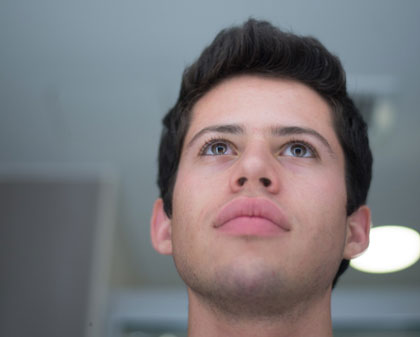
Yarin leads the Oxford Applied and Theoretical Machine Learning (OATML) group. He is an Associate Professor of Machine Learning at the Computer Science department, University of Oxford. He is also the Tutorial Fellow in Computer Science at Christ Church, Oxford, a Turing AI Fellow at the Turing Institute, and Director of Research at the UK Government's AI Security Institute (AISI, formerly the Frontier AI Taskforce). Prior to his move to Oxford he was a Research Fellow in Computer Science at St Catharine's College at the University of Cambridge. He obtained his PhD from the Cambridge machine learning group, working with Prof Zoubin Ghahramani and funded by the Google Europe Doctoral Fellowship.
TBD
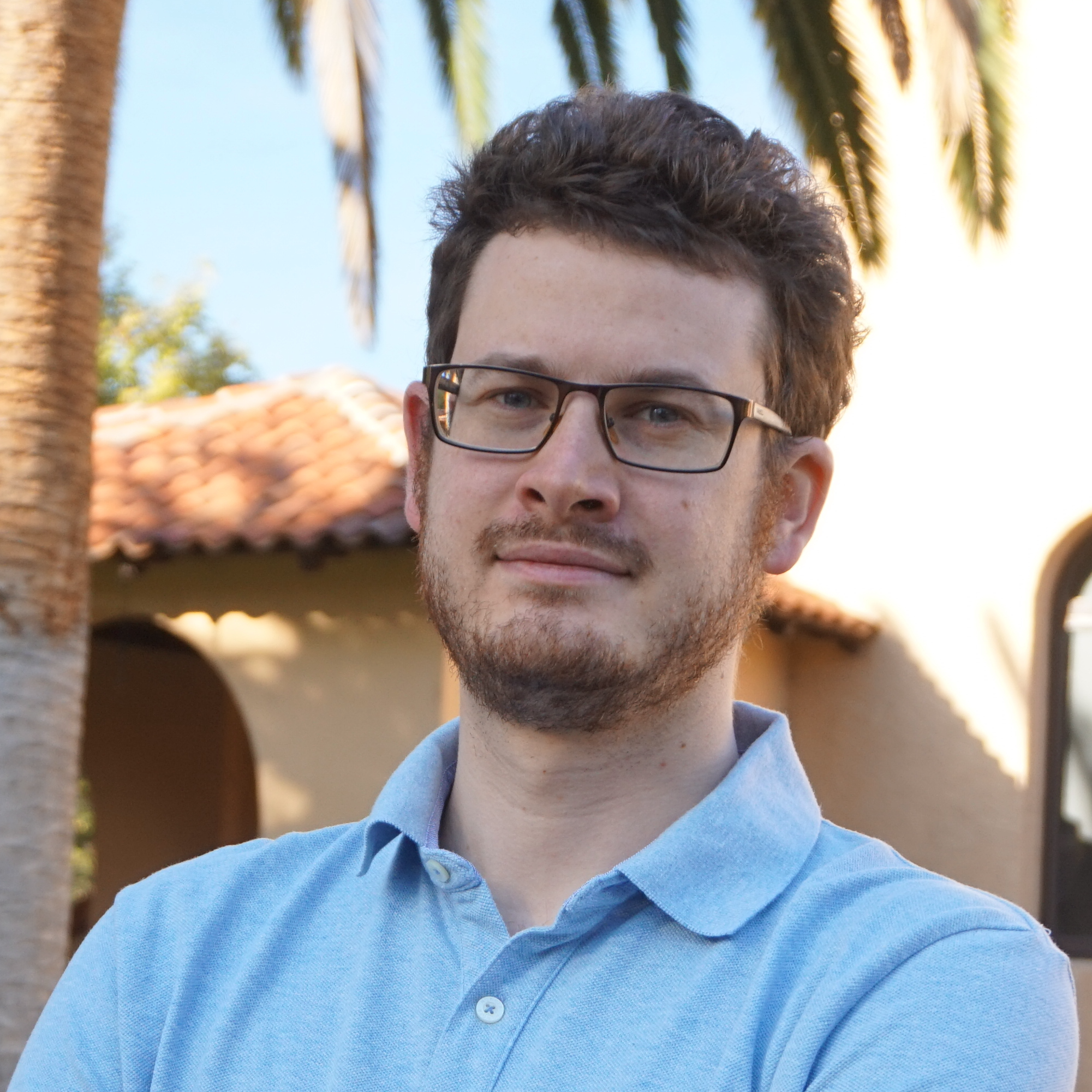
Florian Tramèr is an Assistant Professor of Computer Science at ETH Zürich, where he leads the Secure and Private AI (SPY) Lab. He is a member of the Information Security Institute and ZISC, and an associated faculty member of the ETHZ AI Center. His research lies at the intersection of Computer Security, Machine Learning, and Cryptography. His work studies the worst-case behavior of deep learning systems from an adversarial perspective, aiming to understand and mitigate long-term threats to user safety and privacy. Under his leadership, the SPY Lab investigates the robustness and trustworthiness of machine learning systems, often using adversarial attacks to probe and improve their security.
Title: Negative Progress in Machine Learning Security
Abstract: There's been a huge amount of research on ML security in the past decade. And yet, I'll argue that ML is significantly less secure today. I'll discuss the growing use of ML in security sensitive applications, the degradation of evaluation standards, and new emerging harmful uses of ML, that all together contribute to a bleak picture of ML security today.

Qin Yao is an Assistant Professor at the Department of Electrical and Computer Engineering, affiliated with the Department of Computer Science at UC Santa Barbara, where she is also co-leading the REAL AI initiative. Meanwhile, she is a senior Research Scientist at Google DeepMind, working on Gemini Multimodal. She obtained her PhD degree at UC San Diego in Computer Science, advised by Prof. Garrison W. Cottrell. During her PhD, she also interned under the supervision of Geoffrey Hinton, Ian Goodfellow and many others.
TBD
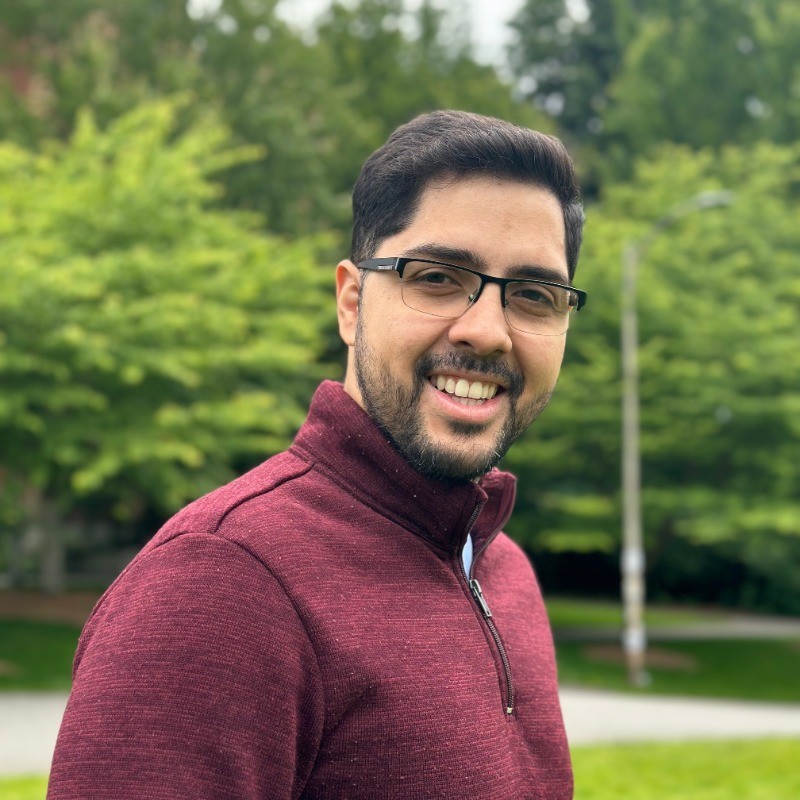 Carlos Hinojosa KAUST
Carlos Hinojosa KAUST
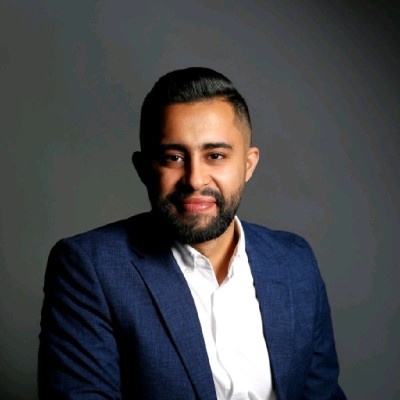 Adel Bibi University of Oxford
Adel Bibi University of Oxford
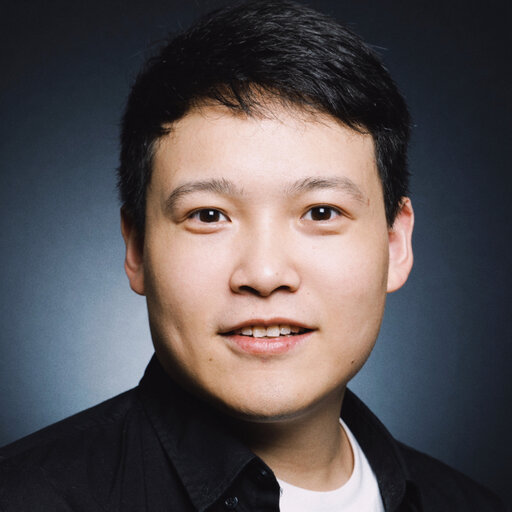 Jindong Gu University of Oxford
Jindong Gu University of Oxford
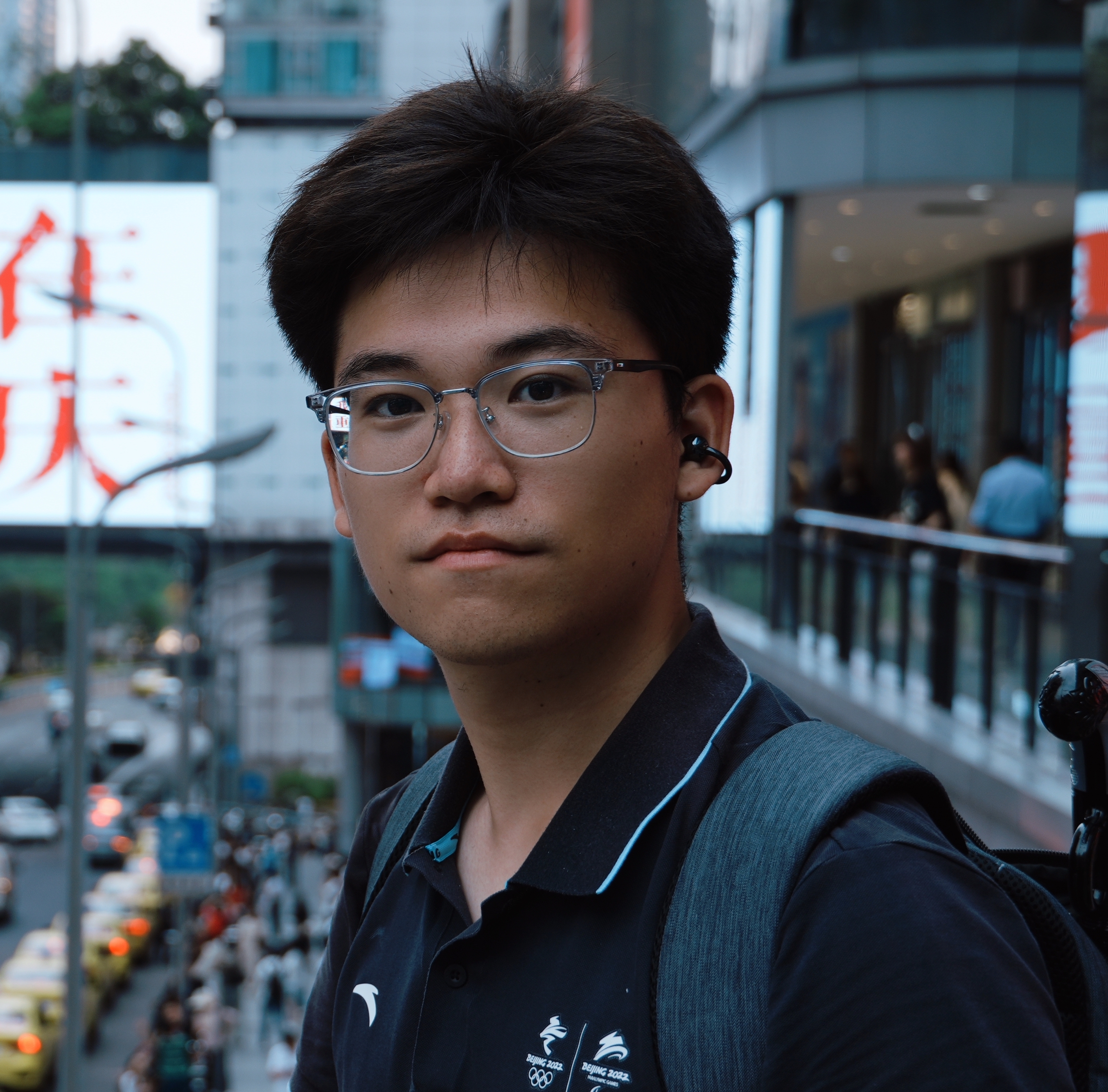 Yichi Zhang Tsinghua University
Yichi Zhang Tsinghua University
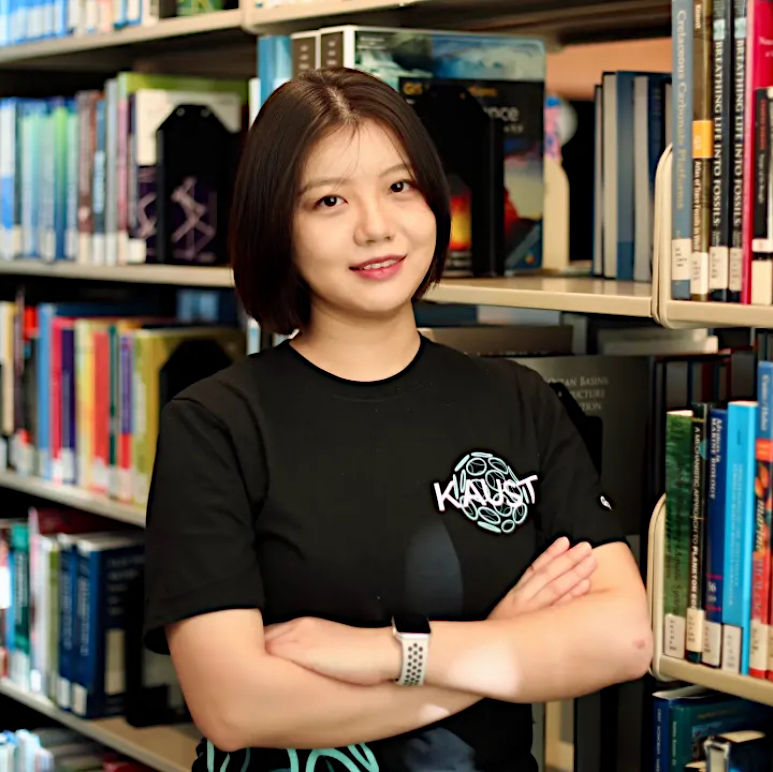 Wenxuan Zhang KAUST
Wenxuan Zhang KAUST
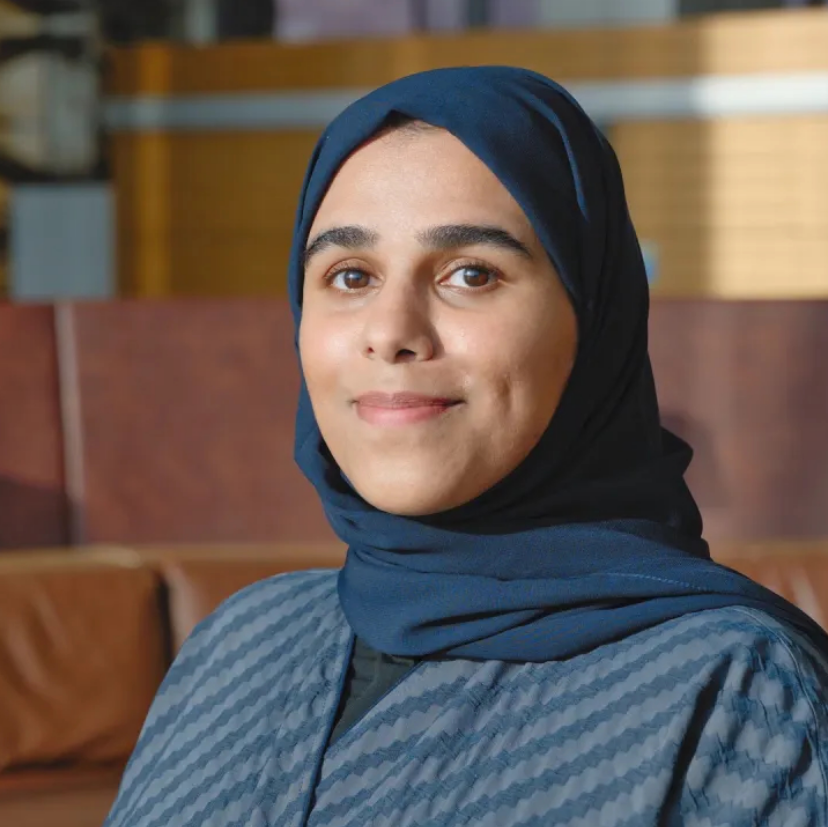 Lama Alssum KAUST
Lama Alssum KAUST
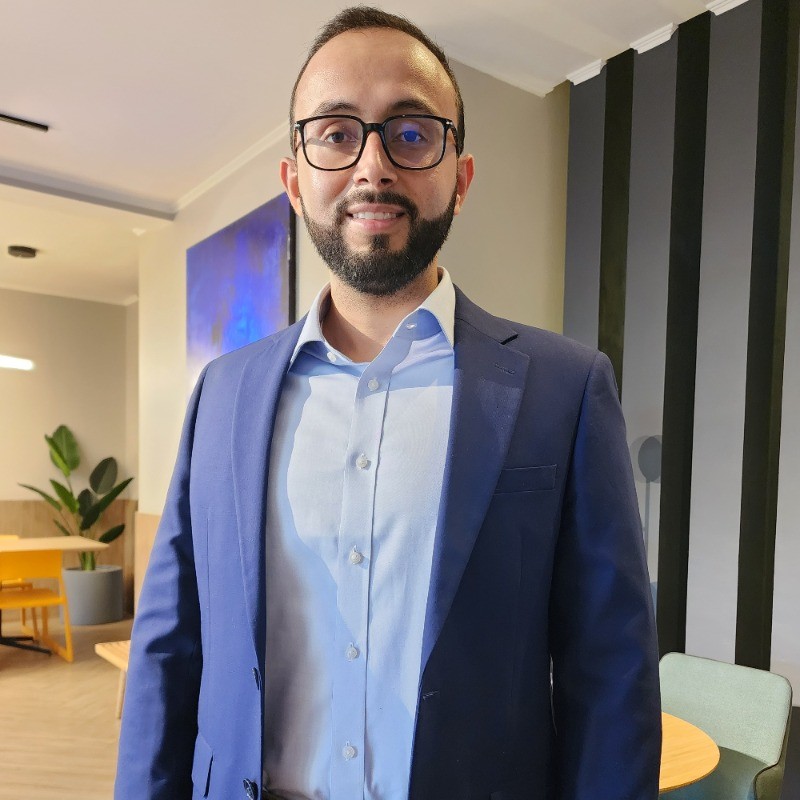 Andres Villa KAUST
Andres Villa KAUST
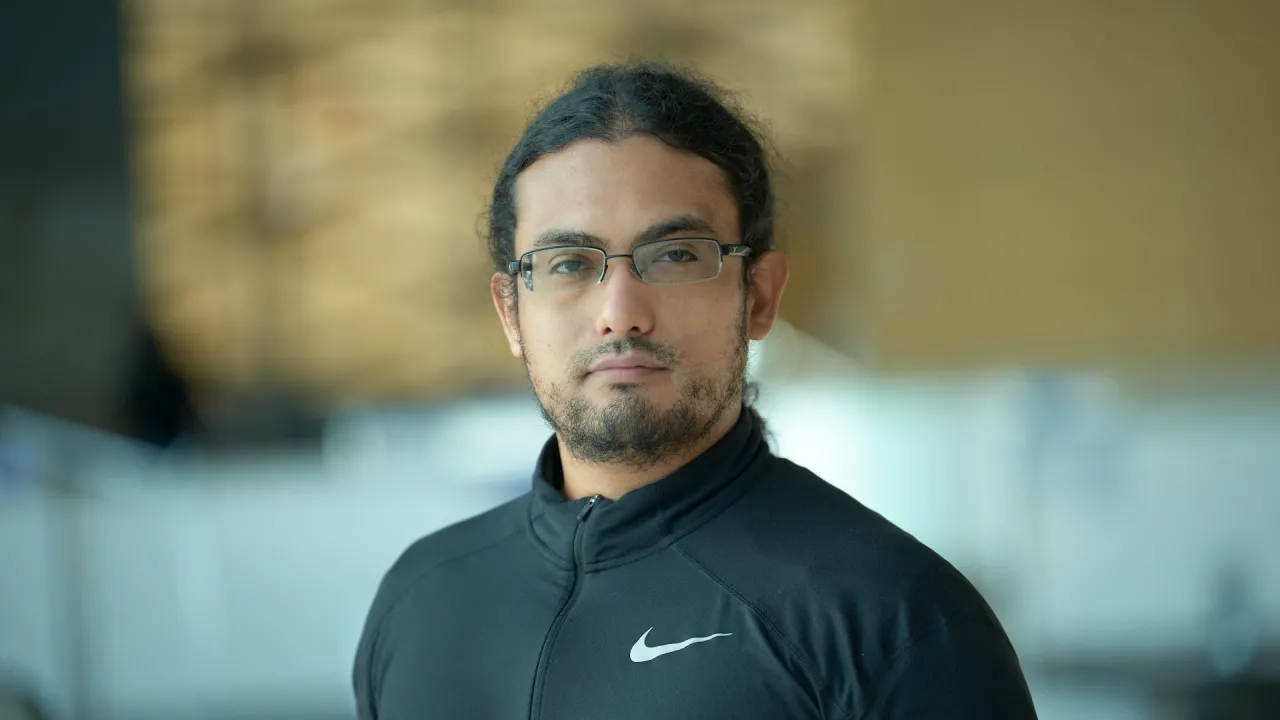 Juan Carlos L. Alcazar KAUST
Juan Carlos L. Alcazar KAUST
 Karen Sanchez KAUST
Karen Sanchez KAUST
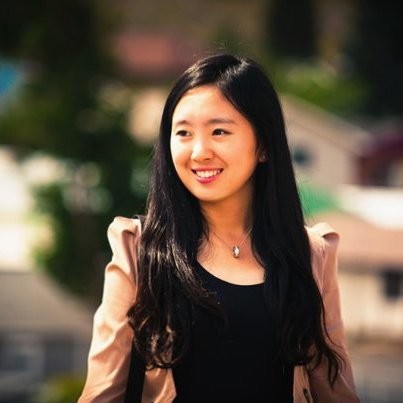 Chen Zhao KAUST
Chen Zhao KAUST
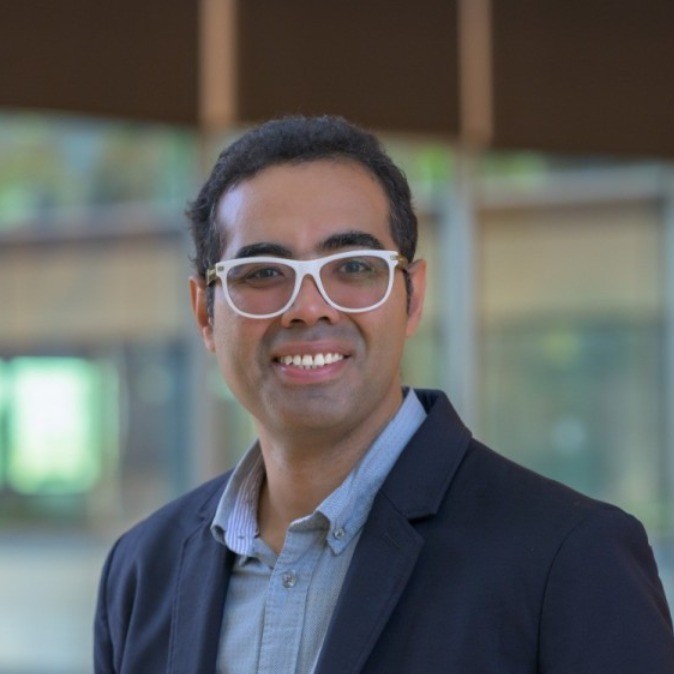 Mohamed Elhoseiny KAUST
Mohamed Elhoseiny KAUST
 Bernard Ghanem KAUST
Bernard Ghanem KAUST
 Philip Torr University of Oxford
Philip Torr University of Oxford
Stay up to date by following us on @SaFeMMAI.
For any inquiries, feel free to reach out to us via email at: safemm.ai.workshop@gmail.com. or You may also contact the organizers directly: Carlos Hinojosa.